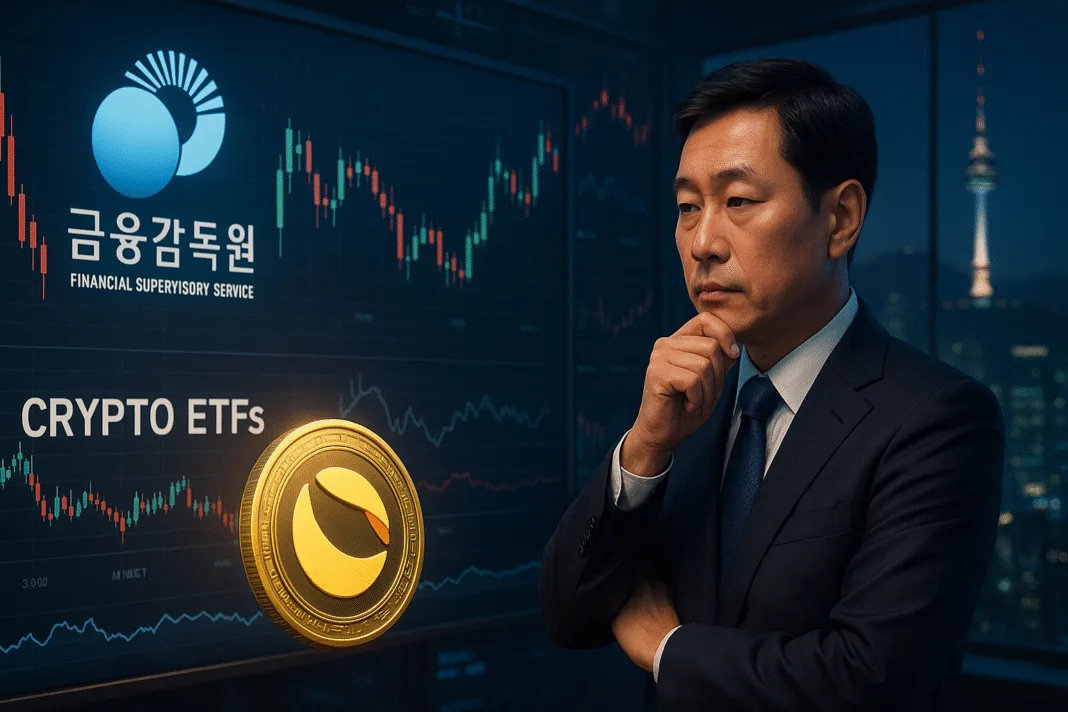South Korea’s Financial Supervisory Service (FSS) recently issued verbal guidance urging local asset managers to limit exposure to crypto-related stocks, such as Coinbase and MicroStrategy, in exchange-traded funds (ETFs). This directive, rooted in a 2017 policy banning institutional investment in virtual assets, reflects the FSS’s cautious stance amid a rapidly evolving global crypto landscape. Despite South Korea’s vibrant crypto market, with 18.25 million investors, regulators aim to curb systemic risks tied to the volatility of crypto-linked equities, prioritizing investor protection and financial stability. The move has sparked debate, as local ETFs face stricter rules while retail investors access U.S.-listed crypto ETFs, highlighting regulatory inconsistencies.
Amid this cautious approach, Terra Classic (LUNC) presents a unique opportunity in South Korea’s crypto market. LUNC, the native token of the Terra blockchain post its 2022 collapse, has been revitalized through community-driven efforts to stabilize and enhance its ecosystem. South Korea, a hub for crypto adoption, could see LUNC benefit from this regulatory shift. As ETFs face restrictions, investors may turn to direct crypto investments, favoring tokens like LUNC with strong community backing and potential for recovery. LUNC’s ongoing developments, such as staking and governance upgrades, align with South Korea’s tech-savvy investor base, eager for innovative projects.
Furthermore, President Lee Jae-myung’s pro-crypto policies, including plans to legalize spot crypto ETFs by late 2025, signal a gradual easing of restrictions. LUNC could capitalize on this shift, offering a low-cost, high-potential investment for retail traders. By leveraging South Korea’s active crypto trading culture, LUNC stands to gain traction, positioning itself as a resilient player in a market navigating regulatory caution and innovation.

